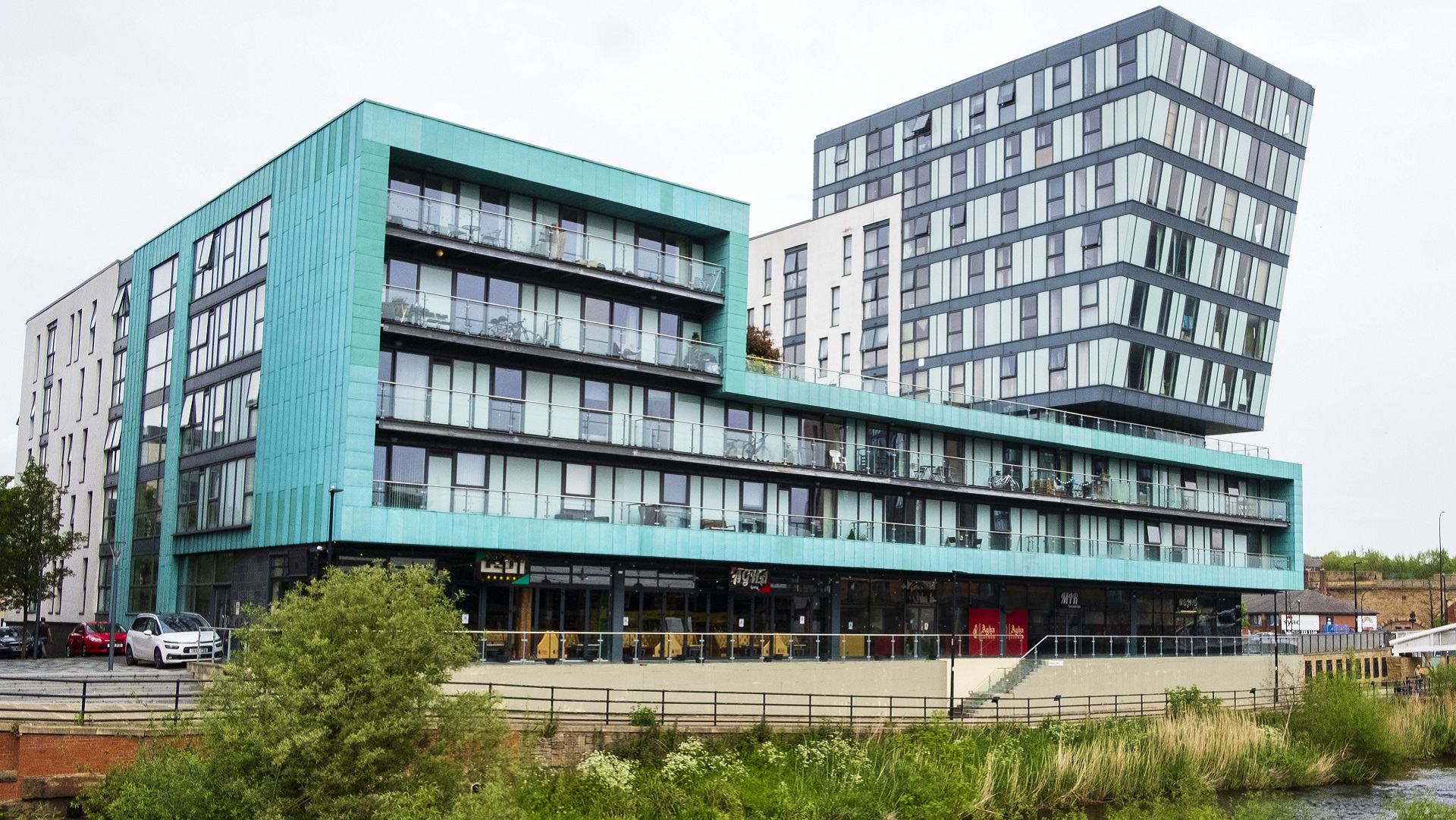The body will be responsible for ensuring that safety risks in new and existing high rise residential buildings of 18 metres and above are “effectively managed and resolved”. Overseers will also be able remove products that present safety risks from the market and prosecute any business that compromises public safety.
The legislation also creates a legal requirement for building owners to explore alternative ways to meet remediation costs before passing them on to leaseholders, along with evidence that this has been done.
Dame Judith Hackitt’s review of Building Regulations and Fire Safety, which highlighted a need for significant cultural and regulatory change in 2018, has informed the bill, the government has said.
Housing secretary Robert Jenrick said: “This bill will ensure high standards of safety for people’s homes, and in particular for high rise buildings, with a new regulator providing essential oversight at every stage of a building’s lifecycle, from design, construction, completion to occupation.
“The new building safety regime will be a proportionate one, ensuring those buildings requiring remediation are brought to an acceptable standard of safety swiftly, and reassuring the vast majority of residents and leaseholders in those buildings that their homes are safe.”
The Grenfell Tower fire highlighted the urgent need to remove the aluminium composite material (ACM) cladding blamed for the disaster from other buildings.
Advertising helps fund Big Issue’s mission to end poverty
The UK government’s £5.1bn Building Safety Fund will cover the cost of removing the cladding for buildings over 18 metres in height with loan schemes covering remediation costs for buildings below that height.
But residents are still facing steep bills to fix other safety defects in their homes which were either present when the building was first completed or left outdated when fire safety regulations changed post-Grenfell.
Leaseholders said the new legislation will still leave room for developers to pass on remediation costs and warned the extension of time to claim compensation will see residents in older buildings miss out.
“If you’re under no obligation other than to show that you’ve explored alternative ways, how much effort realistically are you going to put into that?” said Carter.
“Especially when they know when they pass on the remediation costs to the leaseholders, they can put a premium on it. They can charge management fees, they can charge various other fees, so they can actually make money on this, which is obscene.
Advertising helps fund Big Issue’s mission to end poverty
“It is leaseholders, ultimately, that are going to end up picking up the bill for any faults of the developers and just the systemic long term failure to regulate. Once again, it looks like it’s the innocent victims who are going to end up paying.”
Other leaseholders have echoed Carter’s view. Giles Grover, of the End Our Cladding Scandal campaign, said: ‘The Building Safety Bill offers the unique chance for the government to finally take control of the building safety crisis and, once and for all, to help leaseholders who, through no fault of their own, have found themselves physically, financially and mentally trapped. Unfortunately, the government still seems scared of getting a grip on this nightmare that has blighted our lives for years.”
Grover added that campaigners “cautiously welcome” the increased accountability brought by the bill but added: “But with all the talk of future accountability, what must not be forgotten are the leaseholders of today, the innocent people facing financial ruin and mental anguish over being forced to live in unsafe homes. How will this bill truly help the hundreds of thousands like them?”
The building safety crisis has already proven controversial in parliament.
The Fire Safety Act, which aimed to improve fire safety in multiple occupancy buildings following the Grenfell disaster, split peers and MPs before passing at the 11th hour in the last parliamentary session.
Shadow Housing Secretary Lucy Powell said the government could face further rebellions in the Commons over the latest Building Safety Bill.
Advertising helps fund Big Issue’s mission to end poverty
“Hundreds of thousands of innocent homeowners and tenants are suffering unbelievable pressure as a result of the government’s failure on cladding,” said Powell. Their approach so far has been marked by inertia and spiralling costs, with people trapped in unsafe, unsellable homes, facing unaffordable, unjust costs through no fault of their own.
“If ministers do not legislate to safeguard leaseholders livelihoods, we will build on the big cross-party consensus from the Fire Safety Act rebellions to defeat the government and protect homeowners from colossal costs.”





